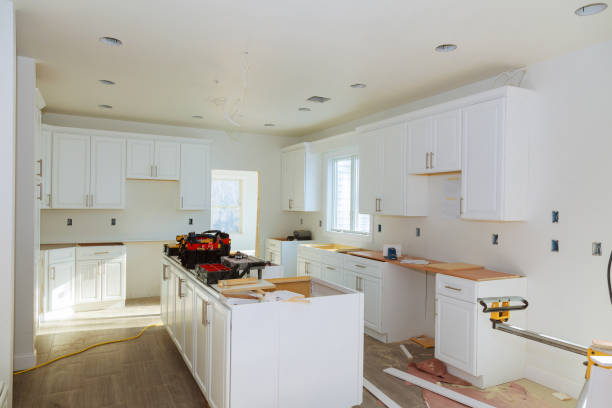

Kitchen remodeling is one of the most impactful home improvements you can undertake. It not only enhances the functionality and aesthetics of one of the most used rooms in your home but also adds significant value to your property. If you’re considering a kitchen remodel in Los Angeles, you’re in the right place. This comprehensive guide will walk you through everything you need to know about kitchen remodeling, from initial planning to final touches.
There are numerous reasons why homeowners choose to remodel their kitchens:
Before diving into your kitchen remodel, it’s crucial to set a realistic budget. Determine how much you’re willing to spend and allocate funds to different aspects of the project, including:
Creating a detailed budget helps ensure that you stay on track and avoid financial surprises during the remodeling process.
Selecting a style that aligns with your taste and complements the rest of your home is essential. Consider the following popular kitchen styles:
Choose a style that reflects your personality and suits your home’s overall aesthetic.
The materials you choose can make a significant impact on the look and durability of your kitchen. Focus on high-quality options for:
Selecting high-quality materials ensures that your kitchen not only looks great but also stands up to everyday use.
Choosing the right kitchen remodel contractors is crucial for a successful project. Here are some tips to help you find reliable professionals:
Staying up-to-date with current trends can help you create a modern and stylish kitchen. Some popular trends include:
Understanding the typical remodeling process can help you prepare for your project:
A kitchen remodel is a significant investment that can enhance the functionality, style, and value of your home. By carefully planning your project, selecting high-quality materials, and working with experienced contractors, you can create a kitchen that perfectly suits your needs and preferences. Whether you’re aiming for a modern, sleek design or a more traditional look, the right approach will help you achieve the kitchen of your dreams.
The cost of a kitchen remodel in Los Angeles varies based on the size of the kitchen, materials used, and the complexity of the project. On average, you can expect to spend between $20,000 and $80,000.
The duration of a kitchen remodel depends on the scope of the project. Most remodels take between 4 to 12 weeks from start to finish.
In most cases, a permit is required for kitchen remodels, especially if you’re making structural changes or moving plumbing and electrical systems. Check with your local building department for specific requirements.
Popular trends include smart appliances, open floor plans, sustainable materials, bold colors and patterns, and minimalist designs.
To choose the right contractor, research local options, verify credentials, review portfolios, obtain multiple quotes, and ensure clear communication about your project. For the best kitchen remodel services, contact us today - https://dreamhomedesignandbuild.com/contact-information/